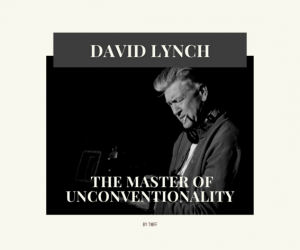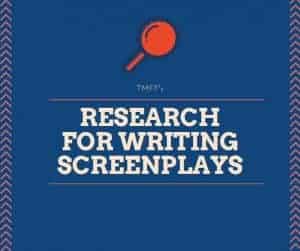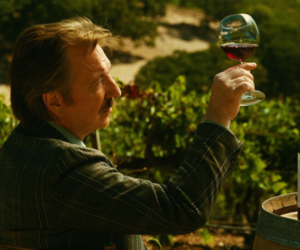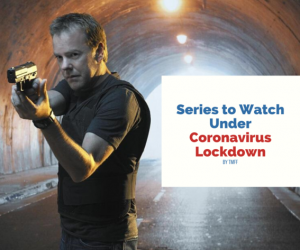I have recently come across the term ‘recognition cinema’. Not knowing exactly what to make of it, I did some research and came with the definition ‘the phenomenon of trying to please an audience by including brief references to other pieces of fiction.’ It is apparently quite a widespread practise in superhero movies – where a brief cameo or an unexpected team-up with a superhero outside the scope of the film itself tends to occur more and more often. I can’t really testify to that, since I do not watch superhero movies, but it certainly seems plausible.
So I remembered this term as an emerging side of modern movie marketing and increasing intertextuality between works of fiction nowadays and moved one. This was until last weekend, when I went to watch Steven Spielberg’s most recent film, Ready Player One. Based on the novel by Ernest Cline, it chronicles a near future where 3D virtual worlds become more interesting than the real one, and everybody from the youngest child to the most senior corporate executive, all the way to the kindest old lady cannot wait to put on their goggles and escape their respective realities for a better one. Besides showing how obsessed we’ve become, as a society, with virtual rewards and experiences, it does a lot of what I would expect a recognition cinema piece to do. So much that it becomes its very definition – and, while not necessarily fond of the practice, this time I mean it in the most admirative way.
Video Games
As a very gamey kind of production, it is only normal to start off with the references to the gaming world – and there are whole loads of these. What is great about Spielberg’s film is that it still manages, most of the time, to preserve a degree of subtlety in how it deals with these insertions. Some might seem a bit shoved in, such as Starcraft, Overwatch or the Minecraft world, but others, such as Mass Effect, Halo or Tomb Raider, are smoothly alluded at, in a way that makes it easily missable – you’re gonna need a lot of rewatches and titanic focus in order to get all of them.
Films
There are many film references as well – the main character drives a DeLorean car (Back to the Future), passes by Godzilla, dresses as Clark Kent (Superman), uses a Holy Hand Grenade (Monty Python and the Holy Grail, dances to Bee Gees music (Saturday Night Fever) and encounters the car from Stephen King’s Christine. And since we mentioned Stephen King, there’s a good bit of the film that happens in the Overlook hotel setting of Stanley Kubrick’s famous adaptation. Mad Max is mentioned, Alien and The Simpsons are alluded at – among many, many others.
Literature
Book-wise, the film manages to strike a great balance between classic and geeky. War of the Worlds is mentioned alongside Dune, so is Excalibur (and the main character’s name is likewise a nod to the Arthurian legend), while Shakespeare works are referenced throughout. So are Lord of the Rings and The Hitchhiker’s Guide to the Galaxy, while among the author parallels, apart from the obvious Stephen King and JRR Tolkien, we get Kurt Vonnegut, Terry Pratchett, Orson Scott Card and Ray Bradbury, among many others.
Music
Ready Player One gives off a classy 80s and 90s vibe, and that includes music from the Bee Gees, Dokken, Bryan Adams, Def Leppard and Pat Benatar, once again just naming a few. And if you think this small listing already aggregates many names from many domains, just feel free to google ‘ready player one references’ for a complete list for both the novel and its recent film adaptation. It simply never ends, and it’s recognition cinema at its very best.
















